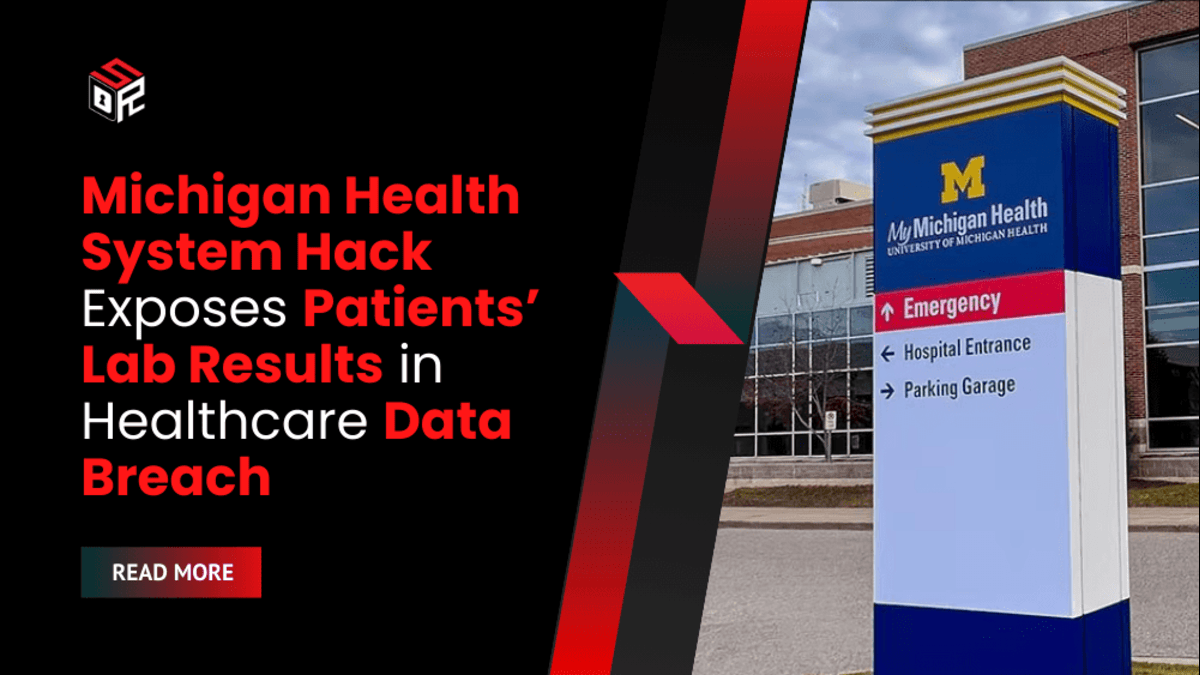Breach Overview and Affected Population
A significant healthcare data breach at Aspire Rural Health Systems in Michigan exposed sensitive records belonging to a large number of patients. Initial reporting described the incident as affecting “over 100,000” individuals; information provided by Aspire to the Maine Attorney General’s Office put the figure at nearly 140,000 people. Aspire says cybercriminals penetrated its network, maintained access for months, and only detected the intrusion in early January after activity beginning in November of last year.
Aspire engaged external cybersecurity professionals to investigate the incident, and the organization has posted a public notice describing the types of information that may have been accessed. Aspire stressed there is, to date, no indication that the exposed data has been exploited.
Timeline of Intrusion and Detection
According to the breach notice and filings, attackers breached Aspire’s systems in November and maintained access for an extended period. The health system appears to have discovered the breach in early January and immediately initiated an investigation with outside cybersecurity experts. The internal inquiry produced information that was later shared with state authorities, including the Maine Attorney General’s Office, as part of mandatory reporting and breach disclosure requirements.
Scope of Exposed Data
Aspire’s notification lists a broad and detailed set of data elements that attackers may have accessed. The types of data vary by individual, but the full list of potentially exposed items includes:
- Names and surnames
- Dates of birth
- Social Security numbers
- Financial account numbers
- Medical treatment and diagnosis information
- Prescription information
- Individual health insurance information
- Payment card numbers and access PIN numbers
- Payment card expiration dates
- Lab results
- Driver’s license numbers
- Passwords and usernames
- Biometric identifiers
- Patient IDs
- Medical record numbers
- Passport numbers
The breadth of the dataset — from personal identifiers to financial and medical records — means the incident is being categorized as a major healthcare data breach by affected-state filings.
Potential Uses of Exposed Records As Described in the Notice
Aspire’s public notice and commentary from data-security observers outline the kinds of harms such records could enable if misused. The notice notes there is no current evidence of exploitation, but it also recognizes what attackers commonly do when they obtain similar data sets:
- Identity theft, using personal identifiers to impersonate victims when opening accounts.
- Phishing and targeted social engineering, where attackers craft convincing messages that reference a patient’s diagnosis or treatment.
- Fraud involving financial identifiers, including attempts to use payment card numbers, expiration dates, and PINs to siphon funds.
- Medical identity theft, where attackers submit fraudulent insurance claims or acquire prescriptions under stolen identities.
- Extortion or blackmail leveraging private medical information.
Aspire’s materials stress that the specific mix of exposed items differs per person; not every individual had each data type exposed.
Aspire Response, Notification, and Support Measures
In response to the incident, Aspire said it has conducted an investigation with outside specialists and notified law enforcement and relevant state authorities. The organization told impacted individuals that it will provide complimentary identity protection and credit monitoring services. Aspire’s breach notification included an apology and a statement of commitment:
“Please accept our apologies that this incident occurred. Aspire is committed to maintaining the privacy of personal information in our possession and has taken many precautions to safeguard it.”
Aspire also advised affected individuals — as part of its notice — to review their financial accounts for unusual activity and follow the guidance included in the notification materials.
Regulatory Disclosure and State Reporting
Aspire shared incident information with the Maine Attorney General’s Office as part of required disclosure. The filings supplied the more detailed estimate of nearly 140,000 individuals potentially impacted and enumerated the sensitive categories of information. Those reports are consistent with the company’s public breach notice and form the basis of state-level consumer notification obligations.
Current Status and What Is Known Now
As of the notice, Aspire reports no confirmed misuse of the exposed data. The organization says it has taken steps to investigate and to notify individuals and authorities. The company also reported that the exposed data types vary across the affected population. The investigation and notifications remain active, and Aspire has made remediation and support offerings available to those affected.
Why This Incident Is Notable in Healthcare Data Breach Trends
The Aspire incident is notable for the scope and variety of exposed fields — financial, identity, and medical — and for the long period attackers remained inside the network. The presence of lab results and medical diagnoses in the dataset expands the potential harm beyond traditional financial fraud into medical identity theft and privacy harms tied to sensitive health information. The incident underscores continued risks facing healthcare providers and their patients when threat actors maintain prolonged access to clinical and administrative systems.









